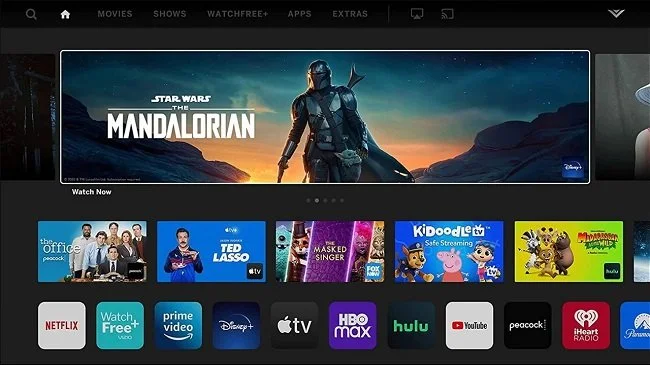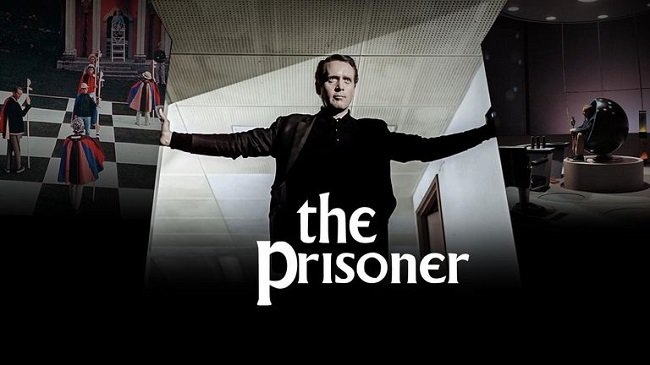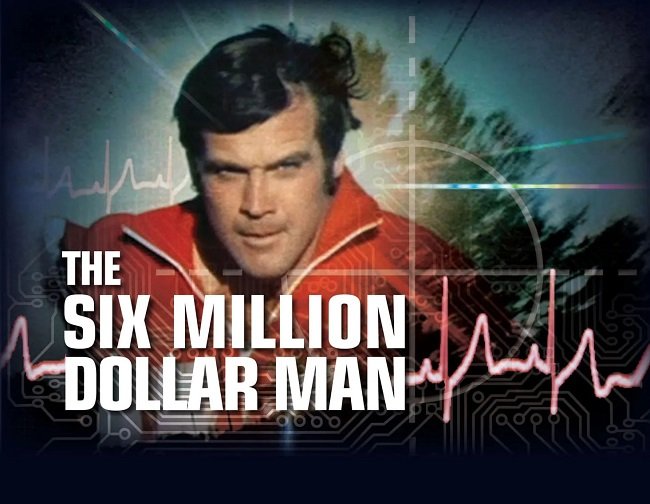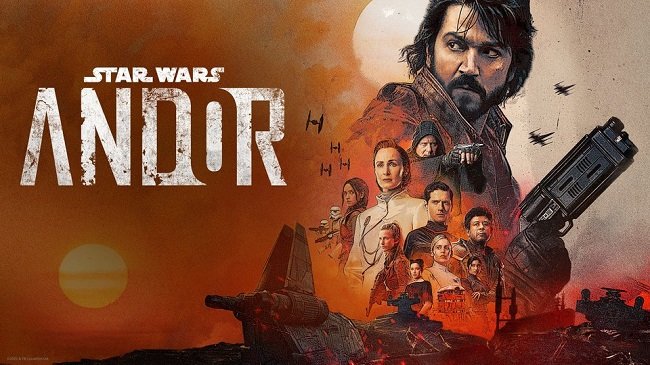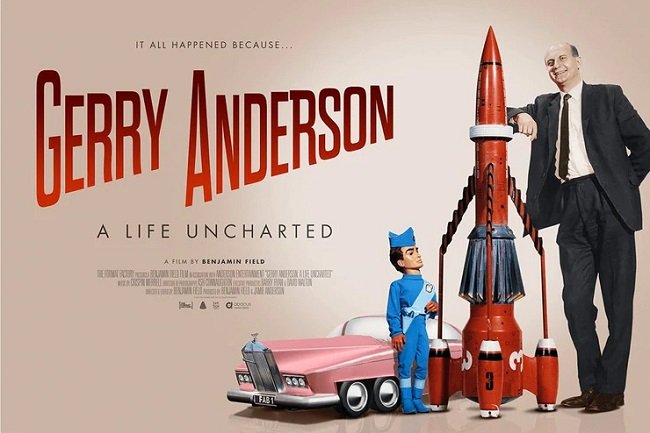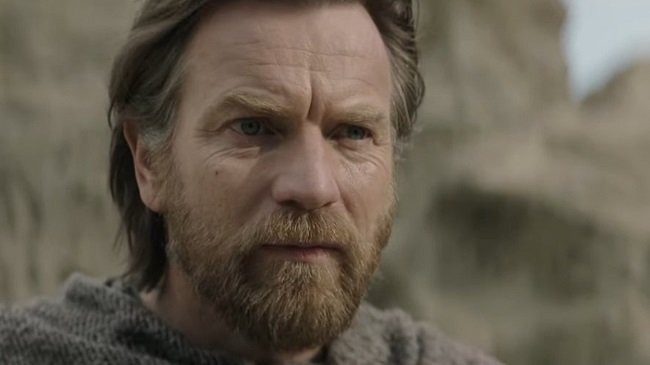Cosmos: A Personal Voyage (1980)
Carl Sagan's seminal science documentary Cosmos: A Personal Voyage was initially broadcast in the US between 28th September and 21st December 1980. Six months later it was shown in the UK on BBC One throughout the summer of 1981. I was thirteen years old at the time and this science documentary series had a tremendous impact upon not only me but an entire generation. The complexity of some of the subjects explored and discussed by Carl Sagan often left me perplexed. However, I knew that there was something special about this show and the way it presented science in such a personal manner. Therefore, I found myself going to both my local and school library to further read about the topics raised in each episode. But perhaps the most standout aspect of the show was Sagan himself. His commentary delivered directly to the camera was both enthralling and lyrical. His love and enthusiasm was palpable and clearly bled through into every aspect of the show. His ability to communicate clearly, complex and at times esoteric ideas, was a revelation and in many ways a gift. Similar to that of Jacob Bronowski and David Attenborough.
40 years on, I recently re-watched all 13 one-hour episodes of Cosmos: A Personal Voyage. The documentary has been digitally remastered and each instalment has been appended with an update that was recorded a decade later by Carl Sagan. These revise scientific elements that have changed or supply new information and theories. However, these changes are unobtrusive and do not in any way harm the show. As soon as the theme music by Vangelis began (Heaven and Hell, 3rd Movement) I immediately re-experienced how I felt when I originally watched this series as a teenager. The scope of this documentary remains breathtaking. Cosmos: A Personal Voyage explores multiple scientific disciplines, encompassing not just cosmology but also chemistry, physics, biology and the history of human discovery itself. Furthermore, whatever the subset of science is being discussed, Sagan makes it eminently fascinating and accessible.
Perhaps the most radical aspect of Cosmos: A Personal Voyage is the way it tackles ideas and historical events and presents them in a fashion that the audience can grasp and follow. All too often in the past, scientific discourse was didactic and utilised minimal props. This series decided to show as well as tell and hence we have Sagan’s ship of imagination that allows us to look upon stars and far flung planets. Also through that mainstay of seventies and eighties television, chroma key compositing, we visit the Library of Alexandria in the 3rd century BC. And then there’s the now famous "cosmic calendar", in which the big bang is on 1st January, first life on Earth appears on 25th September and all human endeavours take place in the final 10 seconds of December 31st. It’s a simple visual device which has a massive impact. Some of the props are simple such as a stick in a piece of cardboard. The computer animations are noticeably retro, yet they all do their job efficiently. Often Sagan will stand in front of an object and jsut extemporise. "This oak tree and me, we're made of the same stuff”. Furthermore, key historical events are reenacted simply and unpretentiously. We meet Ptolemy, Copernicus and Kepler.
Sagan and the show’s co-writers Ann Druyan and Steven Soter greatest achievement is in equating the exploration of the Earth to the exploration of space. He asserts that the scientific journeys of the past were the direct forerunners of the Voyager space missions. But Cosmos: A Personal Voyage is not content to confine itself to just science. Sagan was a humanist and an environmentalist long before they became mainstream talking points. He was keen to warn us about climate change in 1980, arguing that the hothouse gases on Venus showed a shocking possible future for our own planet. The spectre of the Cold War also looms large in the show with the possibility of nuclear war. However, despite these ominous warnings, Sagan chose to always offer hope and looked towards a brighter future. One in which humankind transcends its petty differences and looked to the universe to fulfill its destiny. "We have lingered long enough on the shores of the cosmic ocean. We are ready at last to set sail for the stars".
All things considered, Cosmos: A Personal Voyage is thoroughly entertaining and much of that comes down to Sagan himself. Sagan was a storyteller, even a poet when it comes to science and the story he tells is the greatest story of them all. One of alien worlds both within and without us, of scientific breakthroughs and the search for the meaning of life itself. Such a remit is staggering, yet Sagan honestly and enthusiastically takes us by the hand and leads us on this journey. What this landmark show ultimately demonstrates is that science and the mysteries of the cosmos are inherently enthralling in their own right and do not have to be “stage managed” to make them so. Sagan also tries to promote science not just as a body of knowledge but as a way of thinking and perceiving the world. He advocated critical thinking, skepticism and rigorous questioning. Sadly such things are currently in decline in wider society. Despite this, Cosmos: A Personal Voyage, has not diminished with age. It still remains relevant, thought provoking and a joy to watch.












